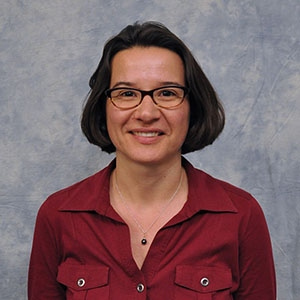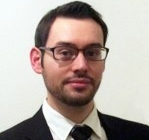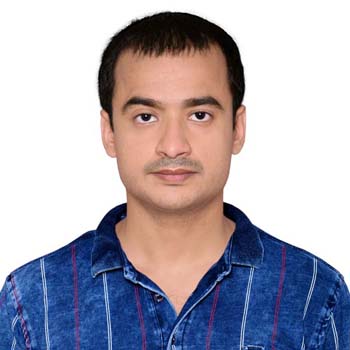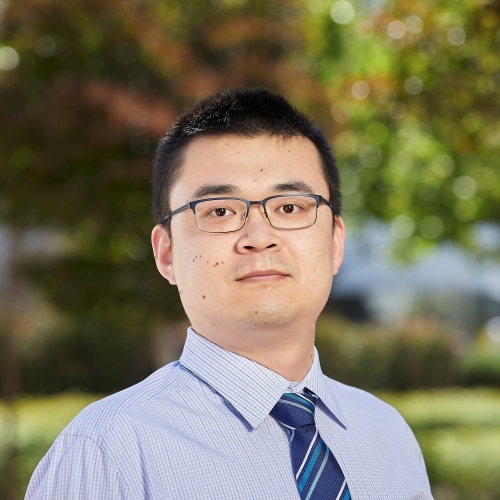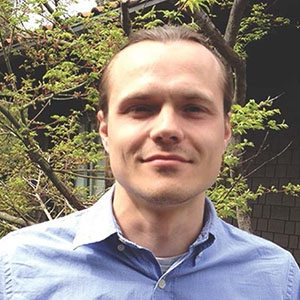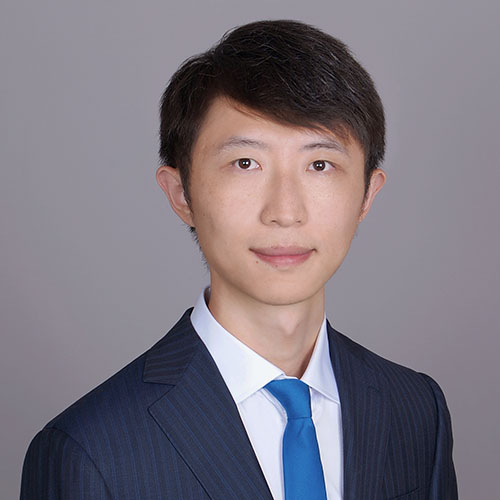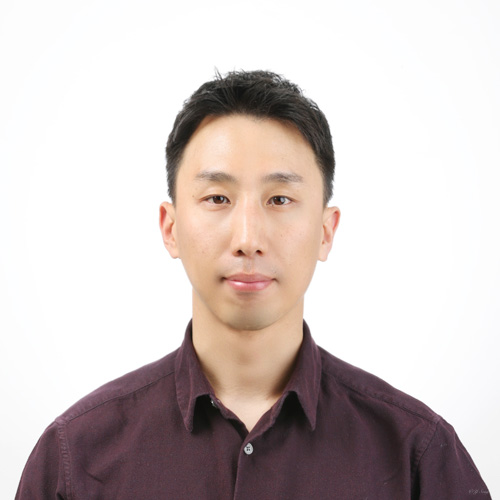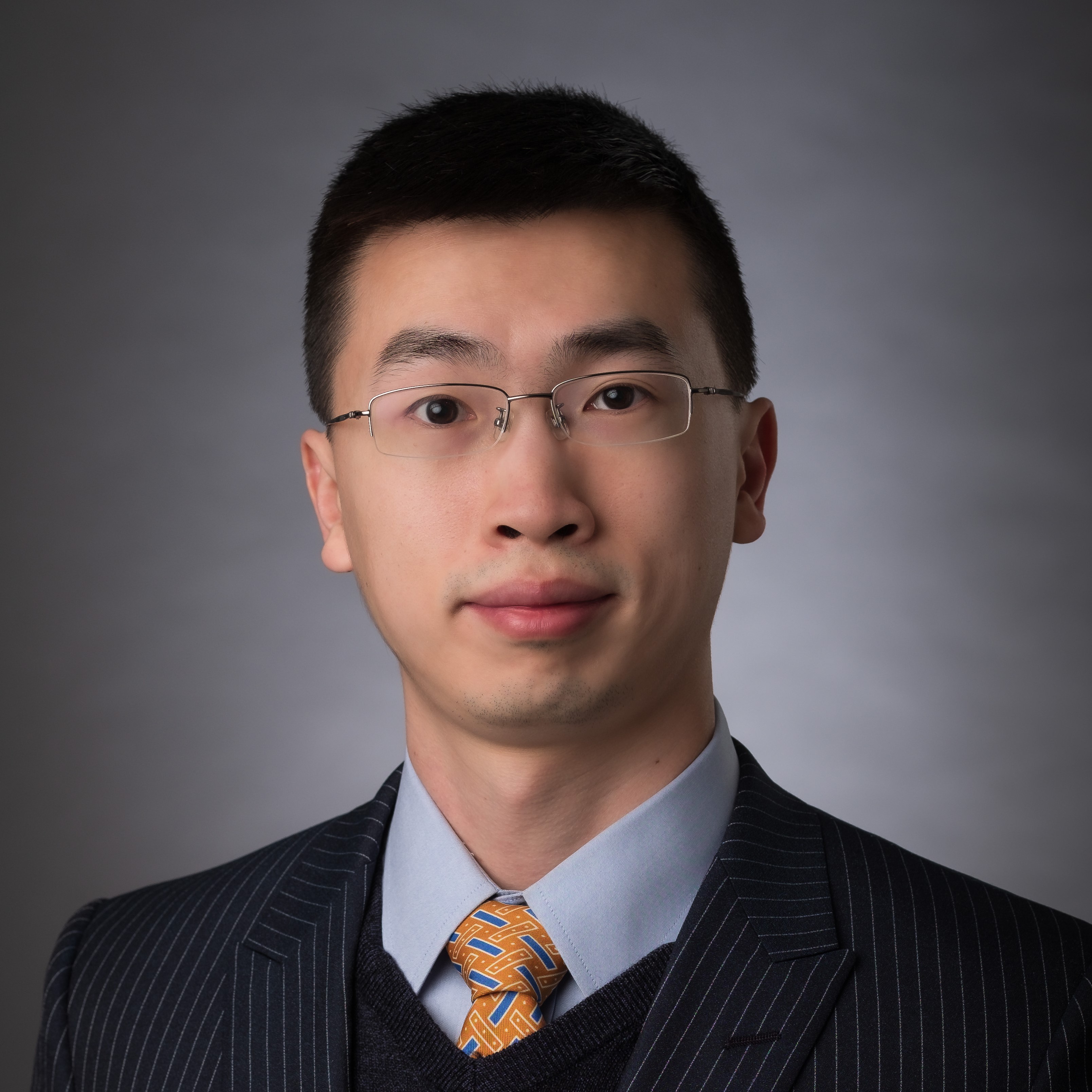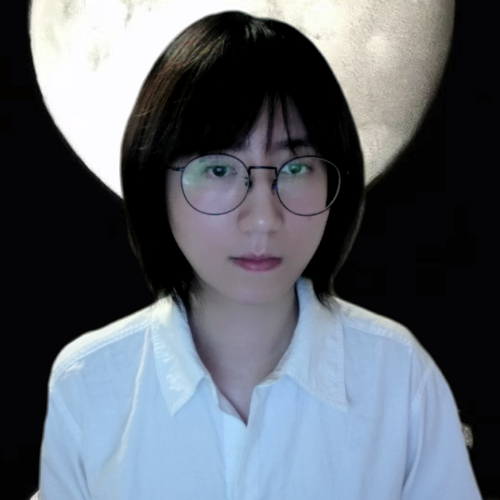Computational Materials Science Group
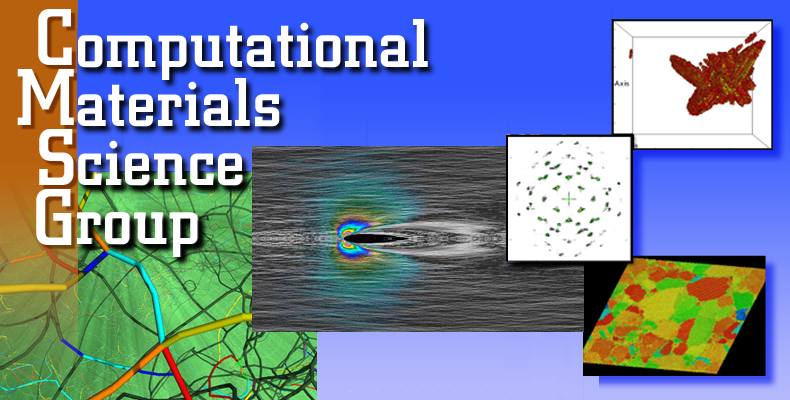
The Computational Materials Science Group conducts research on materials and dense plasmas using atomistic and mesoscopic simulation codes for basic science and in support of programmatic missions. Multiscale modeling of strength and other constitutive properties is a major part of our work. Some of our materials simulations are at the frontiers of Large-Scale Computing, using in excess of a million processors on the LLNL supercomputers. We have demonstrated expertise in developing codes (Cardioid, ddcMD, ParaDiS) for these massively parallel simulations.
Our principal focus areas:
- State of the art dislocation dynamics simulator: ParaDiS
- Algorithm development for stochastic simulation: Parallel kinetic Monte Carlo, non-equilibrium response, and equilibrium free energies
- Large-scale atomistic simulations of solid metal dynamics, especially plasticity in laser-driven ramp waves
- Large-scale classical molecular dynamics simulations of non-equilibrium plasmas, especially with regard to transport phenomena (diffusivity, viscosity, conductivity).
- Multiscale modeling of liquid metals: instabilities and transport processes in dense plasmas
- Interatomic potential development
- Theoretical support of experiments addressing plasticity, phase transition in materials and related phenomena
CCMS Summer Institute for graduate students in computational sciences
Our Projects
ddcMD Multi-physics Particle Dynamics Code
Non-Equilibrium Processes in Dense Plasmas at the Level of Electrons and Ions
Transport and Mixing in Dense Plasmas
Concurrent Multiscale Modeling of Nanomechanics
Phase Field Microstructural Modeling: Batteries and Solidification
Strength under Extreme Conditions
Nanomechanics of NEMS, Quantum Dots and Biological Systems
Void Growth and Dynamic Fracture of Ductile Metals
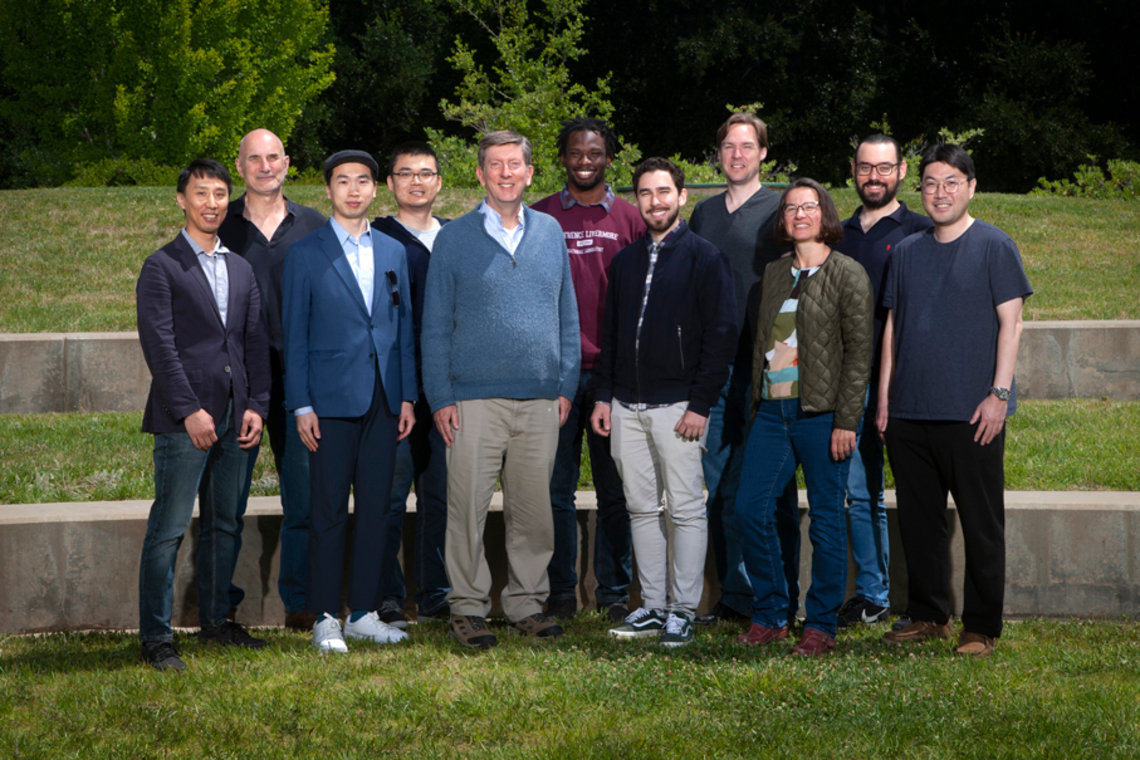
Our Staff
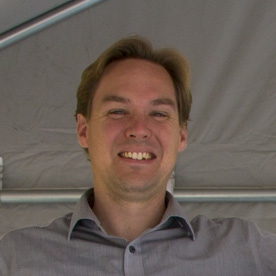

Group Alumni
- Tom Arsenlis
- David Cereceda
- Alex Chernov
- Jaehyun Cho
- Gautham Dharuman
- Aniruddha Jana
- Bing Liu
- Jaime Marian
- Lihn Nguyen
- Jerome Nilmeier
- Dave Richards
- Sam Reeve
- Matt Rolchigo
- Luis Sandoval
- Rongpei Shi
- Ming Tang
- Luis Zepeda-Ruiz


